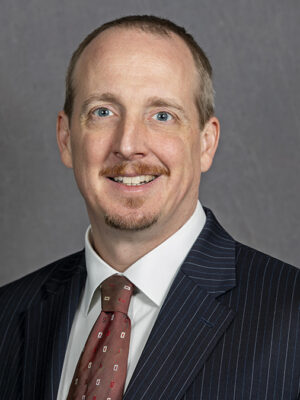In January, the Office of the Attorney General’s Public Access Counselor (PAC) published Public Access Opinion 19-002 in which it stated its position that Section 2.06(g) of the Illinois Open Meetings Act (OMA) requires that any rules limiting the public comment period of an open meeting be established and recorded. The fact that a restriction at issue is a well-established past practice over a period of years is insufficient if that restriction is not also recorded in the public body’s formal rules.
This PAC opinion arose from a request for review alleging that the Lyons Elementary School District Board of Education (the Board) violated OMA during an October meeting by enforcing a rule limiting the total public comment portion of the meeting to 15 minutes. After it became common knowledge that the Board had hired a teacher with a serious criminal charge on his record, approximately 100 parents and other members of the public attended the meeting, many of whom wished to speak. When the Board enforced a rule limiting the public comment to 3 minutes per speaker and 15 minutes total, a number of those wishing to speak were denied the opportunity. The Board pointed out that its policy manual, in Board Policy 2.230, specifically limited each speaker to 3 minutes in usual circumstances. Additionally, the Board’s Welcome Handout, which is placed on a table next to the agendas and sign-in sheet at every Board meeting, limits public comment to 3 minutes per speaker and 15 minutes per topic, per meeting. This portion of the Welcome Handout is read aloud prior to public comment at every Board meeting. This had reportedly been the Board’s practice for at least 10 years.
First, the PAC noted that Section 2.06(g) of OMA expressly provides that individuals are entitled to address a public body subject to “the rules established and recorded by the public body.” While OMA does not address the types of rules that a public body may enforce, ordinarily only “reasonable time, place, and manner restrictions” which are content-neutral are permissible in such a public forum under the First Amendment to the U.S. Constitution. Furthermore, such rules must be reasonably necessary to protect a significant governmental interest and must tend to accommodate, rather than to unreasonably restrict, the right to address public officials.
The case turned on the plain meaning of Section 2.06(g) and whether the rule at issue was both “established” and “recorded.” The PAC determined that the restriction of the comment period to 15 minutes was clearly established. However, this rule was not recorded as required by Section 2.06(g). While the Welcome Handout included the time restriction, the restriction was not included in Board Policy 2.230. While the rule had been the practice of the Board for 10 years and was read aloud at prior to all public comment periods, this did not “address the discrepancy between the Welcome Handout and Board Policy 2.230.” The PAC also noted that the Board “had not asserted that it had taken formal action to adopt the policies in the Welcome Handout, or that Board Policy 2.230 had been revoked or otherwise formally amended.” The PAC concluded that past practices that have not been incorporated into a public body’s formal rules are not “established and recorded” pursuant to Section 2.06(g) of OMA and cannot be enforced to limit public comment.
Accordingly, local governments should review their formally adopted rules governing public comment at meetings and ensure that they are consistent with what is intended and what has been practiced.

 Brad Stewart
Brad Stewart